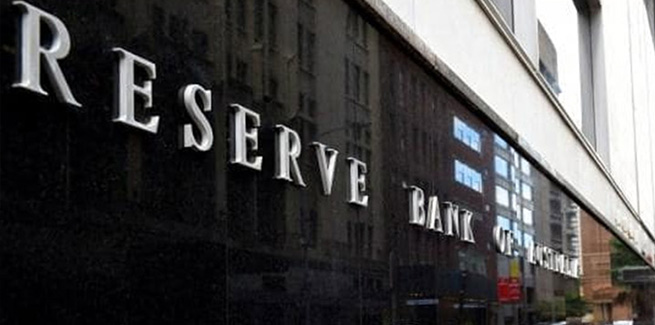According to the Australian Bureau of Statistics' (ABS) latest Labour Force data, the unemployment rate fell to 5.2 per cent in September, despite expected inertia.
Senior economist at ANZ Research Catherine Birch observed that the improvement would be welcome news to the Reserve Bank of Australia (RBA), with the central bank’s recent cuts to the cash rate primarily targeted at making “assured progress” towards full employment.
“[The] reduction in slack provides the RBA with some near-term breathing space and reduces the prospect of another rate cut as soon as November,” Ms Birch said.
However, the market is expecting additional cuts to the cash rate in the medium-term amid monetary policy easing from the RBA’s foreign counterparts, which threaten to inflate the Australian dollar.
According to IBISWorld senior industry analyst, Michael Youren, the federal government’s reluctance to loosen its purse strings would also place pressure on the RBA to cut rates further.
“[The] federal government’s commitment to a budgetary surplus has meant that expansionary fiscal policy measures are unlikely to be introduced, forcing the RBA’s hand to enact stimulus measures,” Mr Youren said.
The analyst noted that the market is expecting the RBA’s rate cuts in June, July, and October to be part of a broader march towards expansionary quantitative easing (QE) policy, which may include the large-scale purchase of financial assets by the bank or the setting of negative interest rates.
Mr Youren said QE policy would trigger a sharp uplift in home lending, which could, in turn, drive further residential property price growth.
“While it is unlikely that retail banks will pass negative rates on in the form of charging interest on deposits and paying customers to take out loans, these measures will likely lead to lower interest rates charged on mortgages,” he said.
“Borrowers would be able to service interest on larger loans, and this would likely mean that banks will allow customers to borrow more money.
“Greater borrowing capacity would continue to inflate property values.”
Moreover, the IBIS analyst said that lower deposit rates would lure investors back into the property market, contributing to a larger scale bump in housing market activity.
Investors have already begun to flock back to the property market, with the latest Lending to Households and Businesses data reporting a 5.7 per cent increase in the value of investor loans over the month of September — the sharpest monthly increase since September 2016. This followed a 4.6 per cent increase in July.
However, ANZ Research’s Catherine Birch claimed that the spike in investor demand could be viewed by the RBA as a threat to financial stability, with the accumulation of mortgage debt compounding risks associated with high household indebtedness.
“This support concerns that the RBA’s rate cuts are flowing through more intensely into housing compared with other key parts of the economy, including household consumption and businesses,” she said.
“While we believe we’re currently seeing a pop rather than the beginning of a v-shaped recovery in the housing market, the increases in prices and mortgage demand are likely to be a concern for the RBA, particularly given record high household debt.”
[Related: RBA faces dilemma as investor flock back to market]

